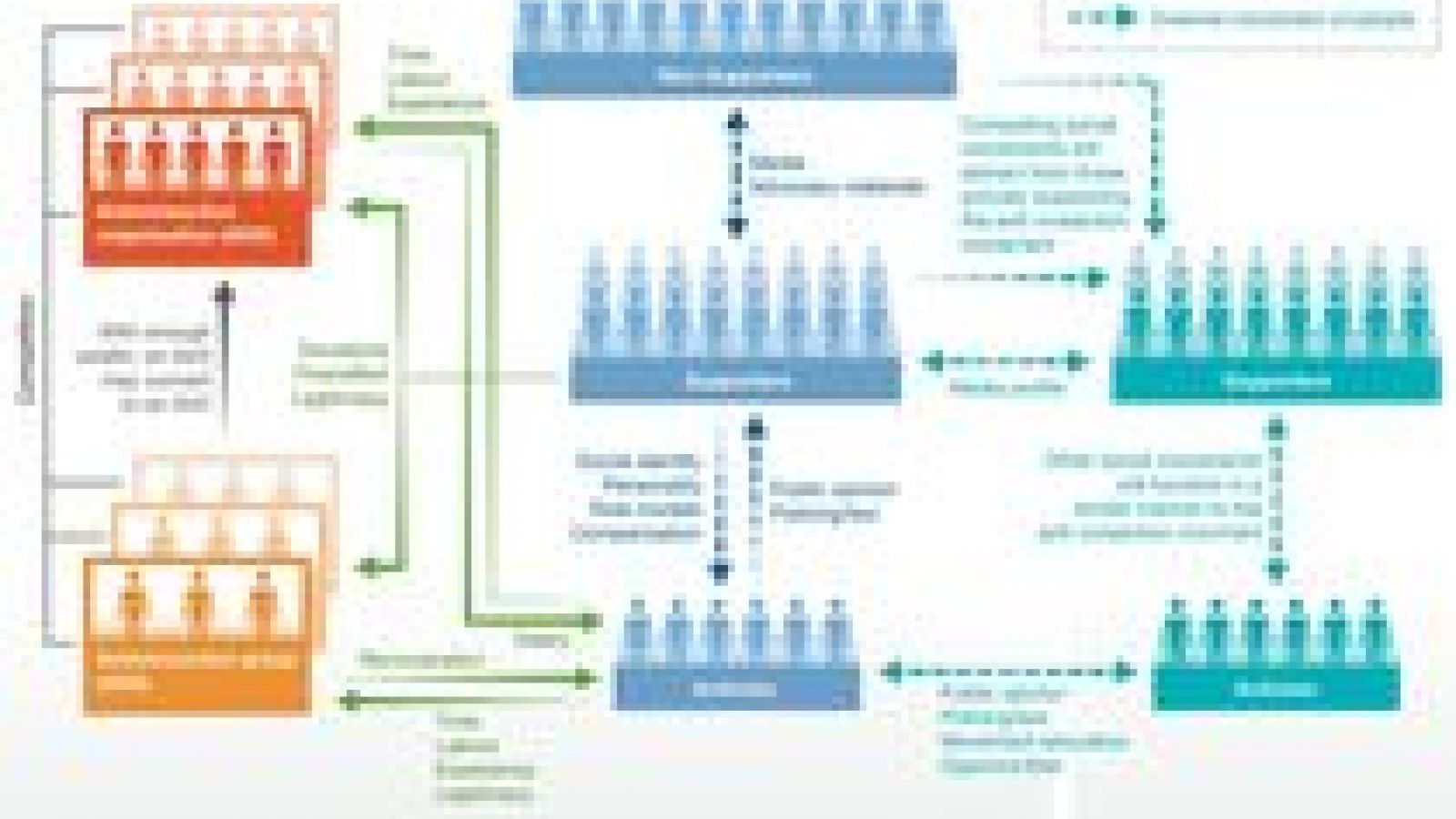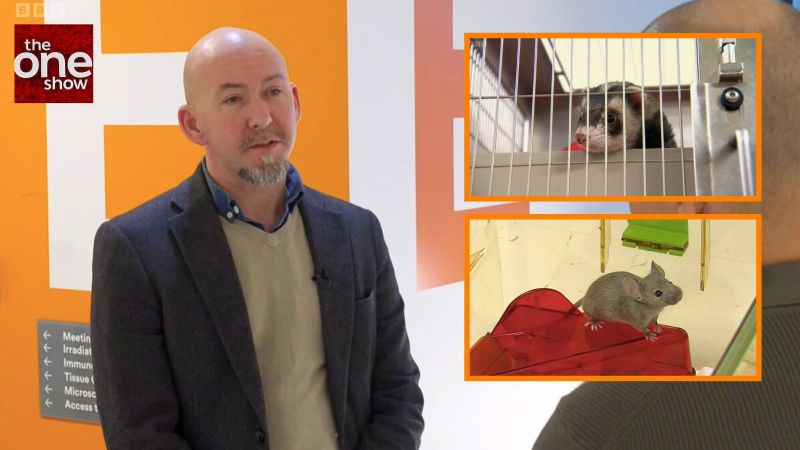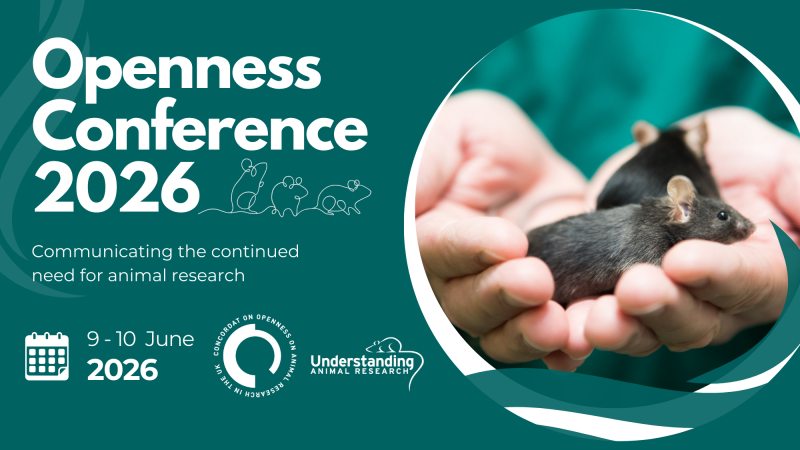
 Tom Holder (Speaking of Research) has an article published by the European Molecular Biology Organisation (EMBO). Below are the opening paragraphs, this link takes you to the full article.
Tom Holder (Speaking of Research) has an article published by the European Molecular Biology Organisation (EMBO). Below are the opening paragraphs, this link takes you to the full article.
Animal research has been and remains crucial to the development of modern medicine. The reasons for ongoing research are manifold from finding ways to treat cancer to understanding the mechanisms behind neurodegeneration to developing new vaccines against HIV/AIDS, malaria and other diseases. Nearly all of us benefit from medical treatments made possible through animal research, and with so much at stake, it is important that scientists make the case for the importance of using animals in research. With animal rights extremism at an all?time low, there has never been a better time for scientists to overcome their reluctance to talk about the benefits of their work.
Sadly, polls show that opposition to animal research among young people, for example in the UK and USA, is significantly higher than among those aged over 65 [1], [2]. In my view, this is in part because of the large amount of misinformation propagated across the Internet by opponents of animal research—the “antivivisection” (AV) movement. Moreover, the past decades have seen bouts of intense activism—including harassment, threats and violence directed towards scientists—aimed at shutting down animal research. During the same period, the scientific community have worked diligently to replace, refine and reduce the use of animals in research (http://www.nc3rs.org.uk), making much progress; however, these efforts have not been sufficient to satisfy the passions of some activists.
Part of the problem is that scientists rarely engage with those who are opposed to animal research, which can leave them detached from the need to justify or explain their work. This lack of communication also creates an information vacuum in the public sphere about the need to use animals. In a recent poll in the UK, only 31% of respondents felt “fairly well informed […] about science and scientific research/development”.
With animal rights extremism at an all?time low, there has never been a better time for scientists to overcome their reluctance to talk about the benefits of their work Ignoring the animal rights community has not worked. Wherever there has been a vacuum of understanding about research, they have filled it with disinformation based on rare instances of negligence and shocking examples of seemingly barbaric experiments, accompanied by stories describing animal research as unnecessary and out?dated. Some animal rights groups mask their aim to ban animal research behind the noble banner of animal welfare—legitimately criticising incidents involving substandard animal care but then implying that these represent not the exception, but the rule. Yet, the huge improvements in laboratory animal welfare will never satisfy those animal rights groups that have a fundamental ideological opposition to such experiments. Instead, AV groups often buttress their position with unfounded assertions that such methods can be entirely replaced or cannot provide useful results. As activists build a seemingly stronger—even if bogus—case against the value of using animals in research, the public support for, or indifference to, some illegal activities rises.
Last edited: 11 March 2022 07:55



